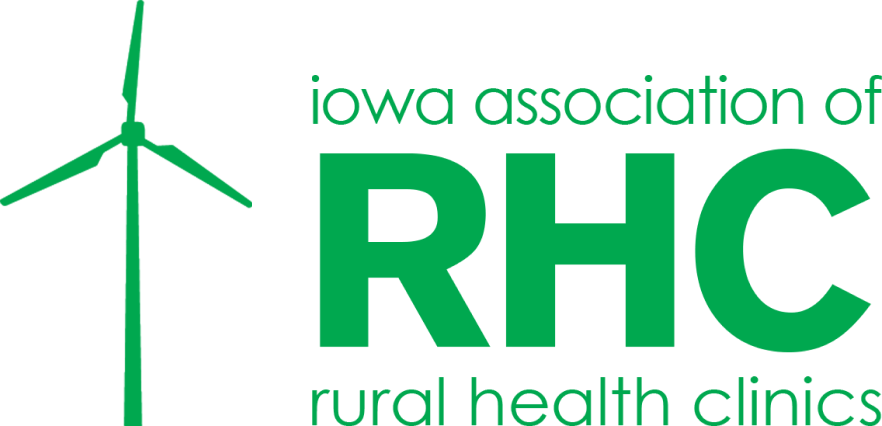A brief history and description of RHCs including required criteria.
In 1977, the Rural Health Clinic Services Act (Public Law 95-210) was enacted to address an inadequate supply of physicians serving Medicare beneficiaries and Medicaid recipients in rural areas and to increase the utilization of non-physician practitioners such as nurse practitioners (NP) and physician assistants (PA) in those areas. There are approximately 4,100 RHCs nationwide that provide access to primary care services in rural areas.
RHCs receive special Medicare and Medicaid reimbursement. Medicare visits are reimbursed based on allowable costs and Medicaid visits are reimbursed under either the Prospective Payment System (PPS) or any other qualifying alternative methodology. Ordinarily, this will result in an increase in reimbursement. RHCs may see improved patient flow through the utilization of NPs, PAs and CNMs, as well as more efficient clinic operations.
In order to qualify as a RHC, a clinic must meet the following criteria:
- Be located in:
- An non-urbanized area, as defined by the U.S. Census Bureau; and
- A federally designated Health Professional Shortage Area, a federally designated Medically Underserved Area OR an Area designatied by the state's Governor as underserved.
- Employ a NP or PA
- Have a NP, PA, or CNM working at the clinic at least 50 percent of the time the RHC operates
- Directly furnish routine diagnostic and laboratory services
- Have arrangements with one or more hospitals to furnish medically necessary services that are not available at the RHC
- Have available drugs and biologicals necessary for the treatment of emergencies;
- Furnish onsite all six of the following laboratory tests:
- Chemical examination of urine by stick or tablet method or both
- Hemoglobin or hematocrit
- Blood sugar
- Examination of stool specimens for occult blood
- Pregnancy tests
- Primary culturing for transmittal to a certified laboratory;
- Have a quality assessment and performance improvement program
- Post their days and hour of operation
- Not be a rehabilitation agency or a facility that is primarily for the treatment of mental disease
- Not be a Federally Qualified Health Center and
- Meet other applicable State and Federal requirements

